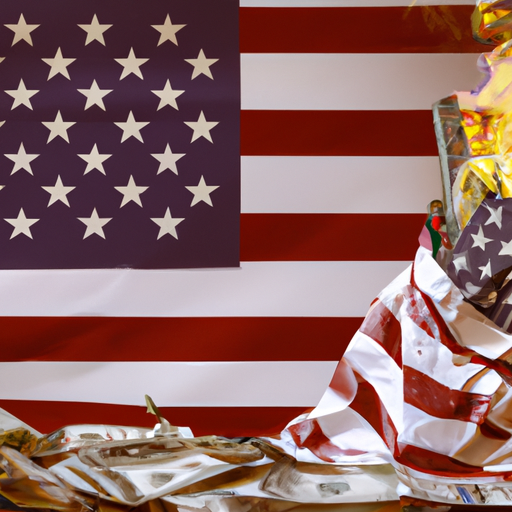
I feel like I've seen a lot of newspaper articles lately about various economic problems - the New York Times says that the US "could run out of cash by June 1st," for example; people keep talking about inflation and the debt ceiling - but it seems like a lot of these problems are scary but then get solved and removed from public concern in some way, either effectively or pushing it down the line. My question is, will there be serious economic impacts that in some way affects the day-to-day lives of citizens of the United States from an economic crisis that is reported on by the media by January 1st, 2024? Or was this all not as imminently scary as it sounds?
I'm happy to listen to economic analysis as I do know some stuff about economics in general but I've not been paying attention recently, so I'm curious how other people see it.
🏅 Top traders
| # | Trader | Total profit |
|---|---|---|
| 1 | Ṁ28 | |
| 2 | Ṁ16 | |
| 3 | Ṁ15 | |
| 4 | Ṁ13 | |
| 5 | Ṁ8 |
People are also trading
The point of the market is to determine whether the media's reporting of economic crises bears weight — so anything that the media reports on that impacts the day-to-day lives of a large share of the country's population.
What I mean by large share is essentially enough that even if a particular person hasn't been affected in the most direct way, enough people have been affected that the consequences would have an impact on the people who weren't directly affected. As in, not just some people lost their money in a bank failure, but that the bank failure had enough of an impact that citizens who had no money in that bank still feel the consequences.
Widespread bank failures would count if they're widespread enough. For calibration, the housing market crisis obviously had widespread economic consequences, so did the recession caused by Covid. The silicon valley bank failure itself isn't enough because it's only affecting a subset of people. I hope that clarifies some things but I also acknowledge that this market is kind of vague.
ChatGpt knows
Critics argue that the debt ceiling is a "psyop" in the sense that it serves as a political tool that allows politicians to engage in a cycle of spending and borrowing without facing the consequences. They believe that the debate around raising the debt ceiling creates a sense of urgency and crisis, which justifies increasing government spending.
However, it is important to note that the debt ceiling is not inherently a "psyop." Rather, it is a statutory limit that has been used in different ways throughout history,